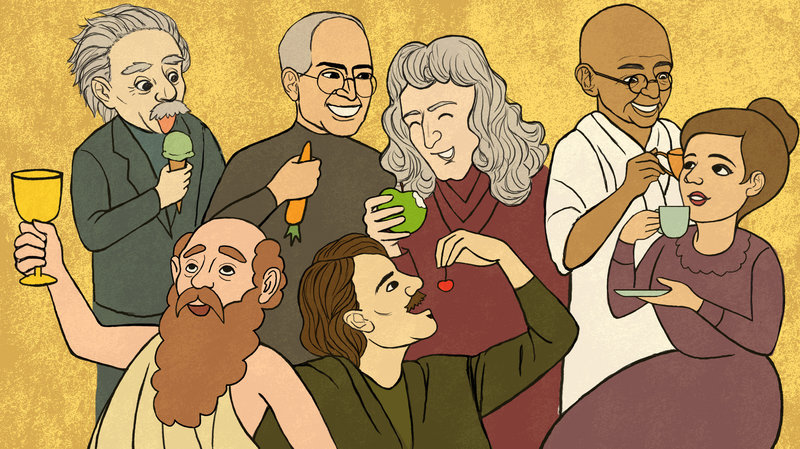This was truly startling. The universe was expanding, swiftly and evenly in all directions. It didn't take a huge amount of imagination to read backwards from this and realize that it must therefore have started from some central point. Far from being the stable, fixed, eternal void that everyone had always assumed, this was a universe that had a beginning. It might therefore also have an end.

Hubble was a much better observer than a thinker and didn't immediately appreciate the full implications of what he had found. Partly this was because he was woefully ignorant of Einstein's General Theory of Relativity. This was quite remarkable because, for one thing, Einstein and his theory were world famous by now. Moreover, in 1929 Albert Michelson—now in his twilight years but still one of the world's most alert and esteemed scientists—accepted a position at Mount Wilson to measure the velocity of light with his trusty interferometer, and must surely have at least mentioned to him the applicability of Einstein's theory to his own findings.












